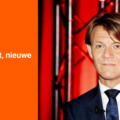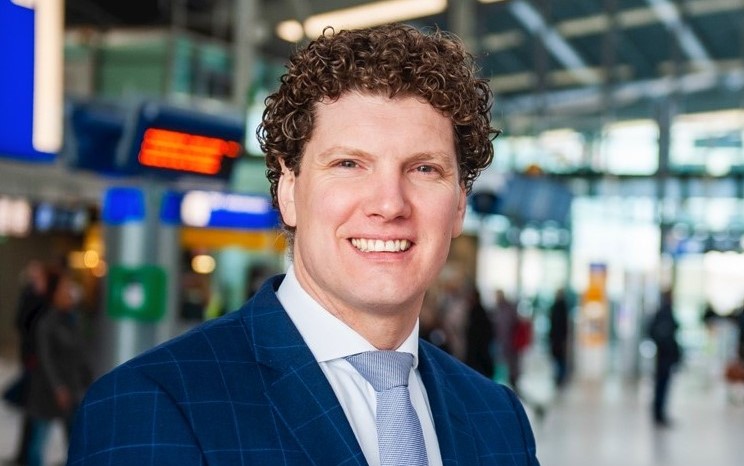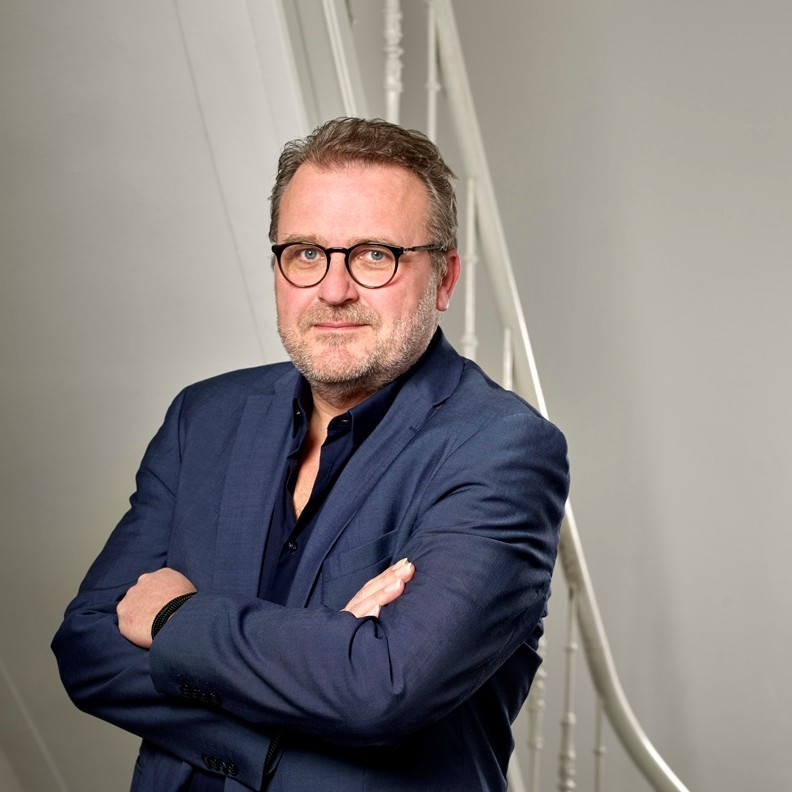
Conspiracy theories in uncertain times
Tuesday March 15, 2022
“Russian soldiers do not attack civilians, only military infrastructure.” Aleksander Sjoelgin, Russian ambassador to the Netherlands, spoke these words last Sunday in the Buitenhof program. According to Shulgin, the killing of Ukrainian civilians would be fake news and that a "major disinformation campaign against Russia" is underway, with civilians being used as human shields by nationalist battalions.
It was not only the Russian ambassador who expressed support for Russia's actions. While almost everyone condemned Russia's attack during the Ukraine debate in the House of Representatives, Thierry Baudet, leader of the Forum for Democracy (FvD), refused to condemn the invasion. Willem Engel, well-known leader of Virus Truth, also shows understanding and says that Putin is “fighting the Ukrainian Nazi”. The fact that former corona demonstrators, such as FvD and virus truth supporters, are presenting themselves as defenders of the Russian invasion and conspiracies is striking, but not unexpected. It is a group that is always critical of the government and media and the entire established order. As Max von Kreyfelt of Café Weltschmerz, an internet channel that focuses on the conflict surrounding Ukraine after the corona pandemic, tells NRC: “We are always critical of media and politics. So when Russia is described as the perpetrator and Ukraine as the victim, you just know that nuance is missing.”
In times of war such as now, uncertainty increases and people experience existential threats. The urge to understand the world increases and people try to explain separate elements and different topics by looking for connections and causal links. How can all these bad things happen? This is where conspiracy theories can come into play.
Conspiracy theories are explanations for complex and incoherent facts or events, favoring certain elements, and these explanations are almost always false. Although conspiracies are almost always falsifiable, there are still people who fully believe in them.
Why? They fulfill the psychological needs for security, understanding the world around you and maintaining a positive image of yourself or a group you are part of. To fulfill all these needs, you often need a group to blame. Usually this is a conspicuous or visible group of people, in which members are suspected of doing secret things and conspiring. Consider, for example, the Dutch Public Broadcasting, a group that was suspected of broadcasting corona fake news to scare everyone.
Individual conspiracy theories function as evidence for conspiracy thinking, which in turn strengthens general conspiracy thinking. This can be dangerous for a society.
Why? Conspiracy thinking initially leads to social and political distance. The radicalization process of ideological groups is also being accelerated and could lead to extremism. Especially when a leader of an ideological group supports some of these conspiracies. Conspiracy thinking is in any case strongly linked to populist ideology. Both conspiracy theorists and supporters of populist ideas have a strong us vs. they feeling. They both believe in a striking group of outsiders, and where populists often pit the bad government against good citizens, conspiracy theorists often go a lot further. And although they are sometimes far apart in terms of absurdism, both are fundamentally about a certain group that deliberately tries to harm people, reducing events to a battle between good and evil. The fact that a right-wing populist like Thierry Baudet supports a communist like Putin could be explained by their shared view that the 'good' own people should always come first, instead of 'the bad'. This view could split a society, leading to undermining public trust in democratic institutions and dangerous extremism.
So there is not one war going on, but two wars going on. The one with weapons, tanks and bombs that drive people out of the country in droves. The other is a digital war fought with “the weapon of disinformation and propaganda”.
Written by Emma, trainee at Issuemakers
Emma conducted research into the link between conspiracy theories and populism in her master's thesis. She wrote this current blog for us.



